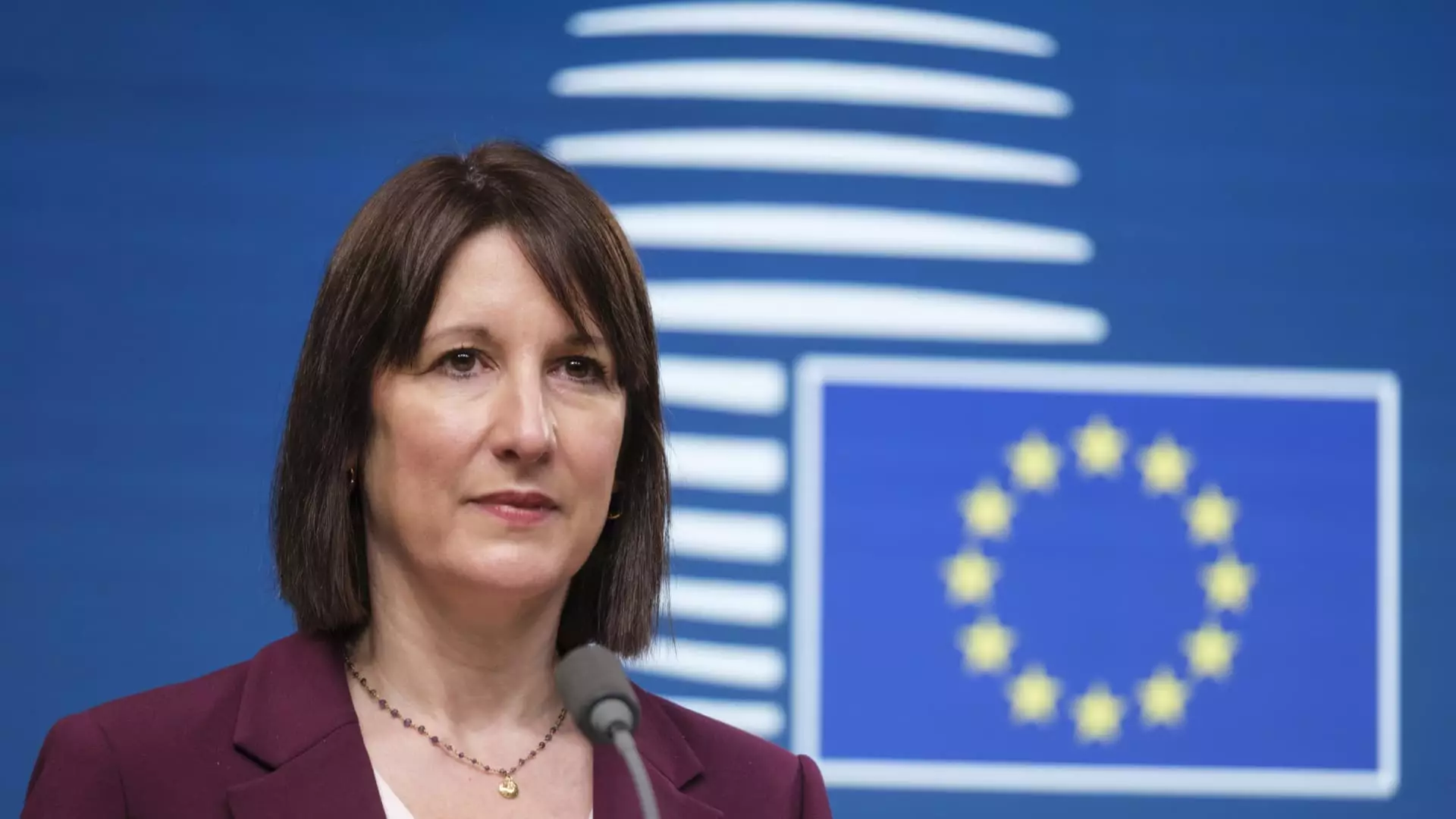In a rapidly changing geopolitical landscape, the relationship between the United Kingdom and the European Union continues to evolve. As President-elect Donald Trump prepares for his upcoming term in office, the U.K. and EU have found themselves navigating the tumultuous waters of international trade and defense posturing. This comes on the heels of the U.K.’s departure from the European Union in 2020, a move that has had lasting implications for both parties. The ripple effects of Brexit remain prominent, affecting both diplomatic ties and the broader political climate in Europe.
Recently, U.K. Chancellor Rachel Reeves held a pivotal meeting in Brussels with her EU counterparts, marking a significant step in fostering cooperation since the Brexit vote. This unprecedented gathering serves to underline the importance of rekindling collaborations in a fragmented political environment. Discussions focused on shared interests amidst the prevailing uncertainty, particularly in light of shifting U.S. policies that could impact European stability.
During this critical meeting, one EU official highlighted the collective understanding regarding pressing geopolitical issues such as the situation in Ukraine, the aggressive posture of China, and the potential shifts in U.S. foreign policy. This sentiment was echoed by Eurogroup President Paschal Donohoe, who expressed hope for frequent future engagements. This desire for enhanced dialogue reflects a broader recognition that the U.K. and EU have intertwined interests that must be navigated carefully in a world marked by instability and unpredictability.
Chancellor Reeves outlined three key focus areas for cooperation: support for Ukraine, strengthened bilateral economic partnerships, and advocacy for free trade. Each of these elements underscores the need for unity in facing external challenges, particularly as the U.K. anticipates a reassessment of its overall relationship with the United States. With Trump’s candid statements about potentially imposing tariffs on European nations, the U.K. and EU face a precarious balancing act in maintaining strong ties while preparing for an unpredictable transatlantic relationship.
A senior EU diplomat, who spoke on the condition of anonymity, noted the strategic advantages that closer U.K.-EU ties could afford, particularly in responding to potential U.S. protectionism. The historical “special relationship” between the U.K. and the U.S. could frame new negotiations and discussions, especially as both blocs engage with an increasingly complex American administration. Ignacio García Bercero, a former chief negotiator for EU-U.S. trade talks, remarked on the necessity for coherent strategies that do not compromise U.K.-EU relations. This highlights the importance of joint initiatives, which will serve as a bulwark against unilateral U.S. measures.
In this context, the U.K.’s new Labour government, which has begun to assert itself after years of conservatism, is poised to pivot toward a more collaborative stance with the EU — a priority underscored by Chancellor Reeves’ commitment to rebuild trust. Reeves emphasized her intent to foster communication without triggering formal negotiations, indicating a measured approach as both parties eye future discussions beginning in the New Year.
The recent meeting in Brussels signifies a long-overdue opportunity to mend the fractured trust that characterized U.K.-EU relations in the fallout from Brexit. Reeves’ statements clearly indicate an understanding that now is not the time for demands or confrontations but rather for dialogue and healing. The U.K. government appears committed to undoing the damage inflicted by years of estrangement and complex negotiations, with the goal of establishing a foundation based on mutual respect and shared goals.
While the immediate outcomes of these talks will not be visible in the short term, the commitment to regular discussions is a sign of hope. As both the U.K. and EU strive to navigate the challenges of an unpredictable U.S. political landscape, it is essential that they harness their shared values and interests to forge a collaborative path forward. Ultimately, the success of this renewed partnership will depend on their ability to engage in constructive negotiations and adapt to the shifting tides of international politics.



Leave a Reply